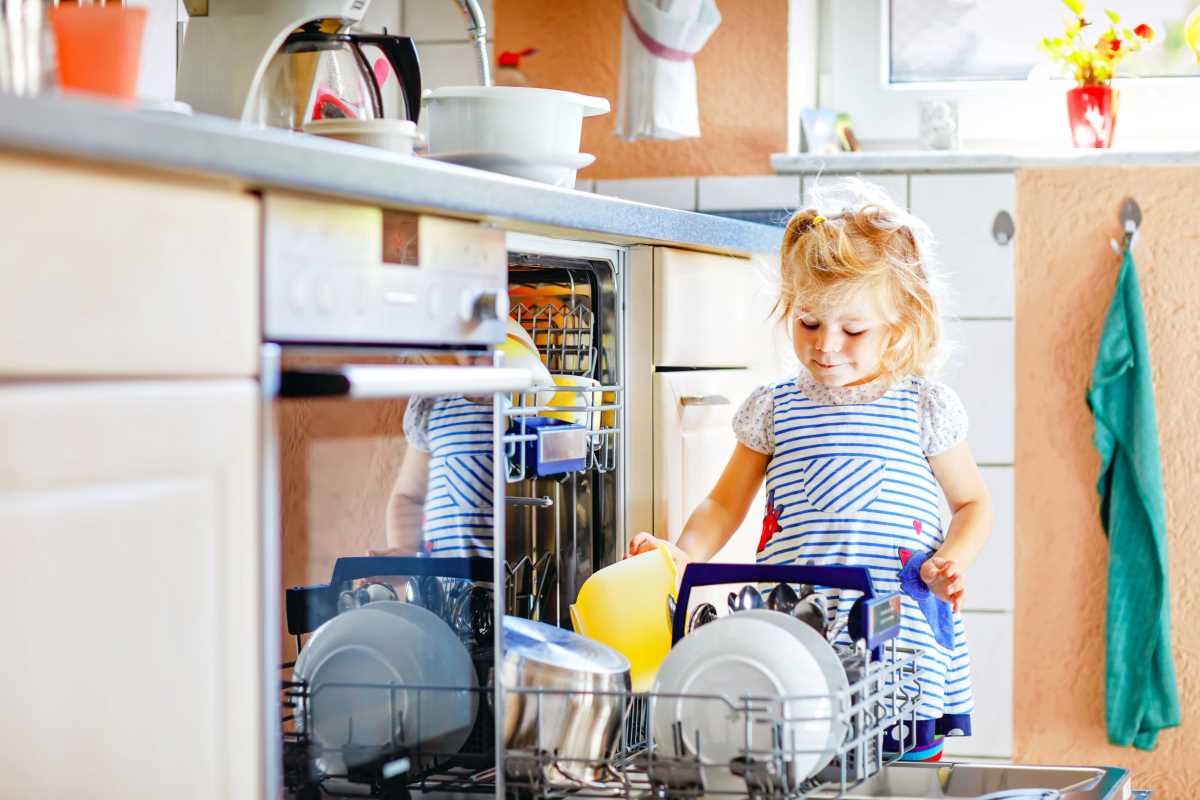Raising a child with special needs at home brings unique experiences that include both obstacles and joyful milestones. Support and reliable information help you create a nurturing environment, allowing daily routines to become opportunities for learning and connection. Each family’s journey looks different, and finding ways to appreciate your child’s individuality makes a meaningful difference. Celebrating small achievements and encouraging your child’s strengths builds confidence and trust. By focusing on their abilities and providing a supportive space, you set the stage for your child to flourish and for your family to grow together in understanding and love.
Spending time to find out what works best for your child can lead to lasting, positive changes. Whether it involves calming routines, gentle encouragement, or simply a safe space for play, taking small steps each day helps build an atmosphere of trust and positivity for everyone involved.
Supporting Your Child’s Unique Way of Communicating
Each child expresses themselves in a unique way, and recognizing these signals allows you to provide the kind of care that truly makes a difference. Paying close attention to how your child interacts with their surroundings helps you adjust your approach to meet their individual needs. Observing their behavior across different situations often reveals important details about their sensory preferences, communication style, and emotional triggers.
Below are some key considerations that can guide you as you learn more about your child’s experiences:
- Notice how sensory inputs like sounds, lights, or textures influence your child's mood.
- Understand that your child's communication may rely more on visuals or non-verbal cues at times.
- Observe specific interests or routines that bring comfort.
- Recognize when changes in routine might cause discomfort or stress.
Creating a Supportive Home Environment
Set up a home that feels secure and welcoming to create an essential foundation for your child's daily life. Clear areas for relaxation, learning, and play, each with their own special touch, can make your house feel like a safe haven. Invite family members to participate in this process to foster a sense of unity and consistency that helps reduce confusion and anxiety.
The following steps can serve as a simple guide to help you develop a nurturing space at home:
- Designate spaces with minimal distractions where your child can feel calm and secure.
- Create visual schedules or cue boards to help them understand daily routines.
- Add sensory-friendly items like soft lighting or gentle background sounds in common areas.
- Encourage every household member to lend a hand in setting up and maintaining these areas.
Building Effective Routines and Communication Strategies
Routines provide a sense of predictability that offers comfort to children with special needs. Having regular meal times, play sessions, and quiet periods helps create an environment where your child knows what to expect. This familiarity can reduce anxiety and help them manage transitions more smoothly.
Communicate at home in a clear, consistent, and patient manner. Whether your child uses words, pictures, or gestures, take the time to understand their cues. Find moments in your daily routine to have meaningful conversations, ask about their feelings, and share your own experiences. This two-way interaction builds trust and helps both your child and you handle daily challenges more easily.
Encouraging Independence and Life Skills
Support your child as they take on everyday tasks, building confidence step by step. Letting them participate in daily chores not only boosts their confidence but also prepares them for more independence in the future. Celebrate even the smallest successes during this process, as these form the foundation for long-lasting growth.
Try activities that teach practical life skills in a fun and engaging way. Simple chores such as tidying up toys, setting the table, or choosing their own outfit teach valuable lessons and give your child a sense of achievement. Encourage them to try new activities gradually, offer support when needed, and gradually reduce assistance as they gain confidence in their abilities.
Collaborating with Professionals and Community Resources
Connect with educators, therapists, and local support groups to improve your caregiving approach. These experts offer tailored advice, while workshops and forums provide emotional support and helpful tips. Building a strong network ensures you're not alone and makes daily routines more manageable. Celebrate each small success and continue creating a loving, adaptable home environment.
 (Image via
(Image via





